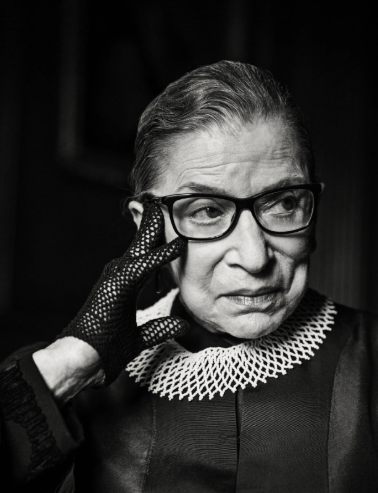Black Lives Still Matter
- Madison Dengel

- Mar 3, 2021
- 2 min read
Black History Month has officially come to an end. However, the circumstances that impact African Americans have not ended with February. They are still active and current, and we must continue the fight for education and exposure.
Black History Month is the annual celebration of African American achievements and contributions to the development of the United States. It is a means of recognizing and remembering the people who helped build this nation and are a big part of its soul. It is to remind us of people like Martin Luther King Jr., Anita Hill, Harriet Tubman, Amanda Gorman, Barack and Michelle Obama, and to uplift and encourage black people across the nation.
Black History Month is essential to the present and future of the United States because it brings our past into focus. It forces us, as a society, to have an uncomfortable, but necessary, discussion about the history of racial tensions in America, tensions that are still present in the modern day. Tensions that have divided us for centuries and could continue to tear us apart for years to come.
This past summer, those tensions erupted in racial unrest. Following the murder of George Floyd by 4 police officers in Minneapolis, protests broke out across the nation, sparking an ongoing international movement for change. Millions of people across the world gathered to protest against systemic racism toward black people, creating the largest widespread civil rights movement in world history. Just two weeks ago, 200 protestors marched in Rochester, New York after a nine-year-old Black girl was handcuffed and pepper-sprayed.
And yet, there has been so little significant action taken to address the issues that plague black individuals in this country. Black Lives Matter has sparked conversations, but those conversations have yet to be translated into action on the national level. Heavily impacted cities such as New York and Minneapolis have worked to reallocate funding and reorganize their police departments, but significant change cannot be accomplished unless we act as a nation. Change has happened on the surface, but the roots of black inequality run deep.
To address systemic inequality in the United States, we must first be educated about it. We need to be able to recognize it and call it out when we see it. Knowing the past, even if it is ugly, opens the door to a better future. Understanding the impact of our actions opens the door to better choices. To improve black America, we must take the opportunity to learn about its past, to acknowledge its present, and to work towards its future. Black History is American History. The future of Black people is the future of America. We are deeply connected, and building understanding only strengthens the bonds we share.
--
Madison Dengel (She/Her)
Cabot High School Sophomore
@madison.dengel



Comments